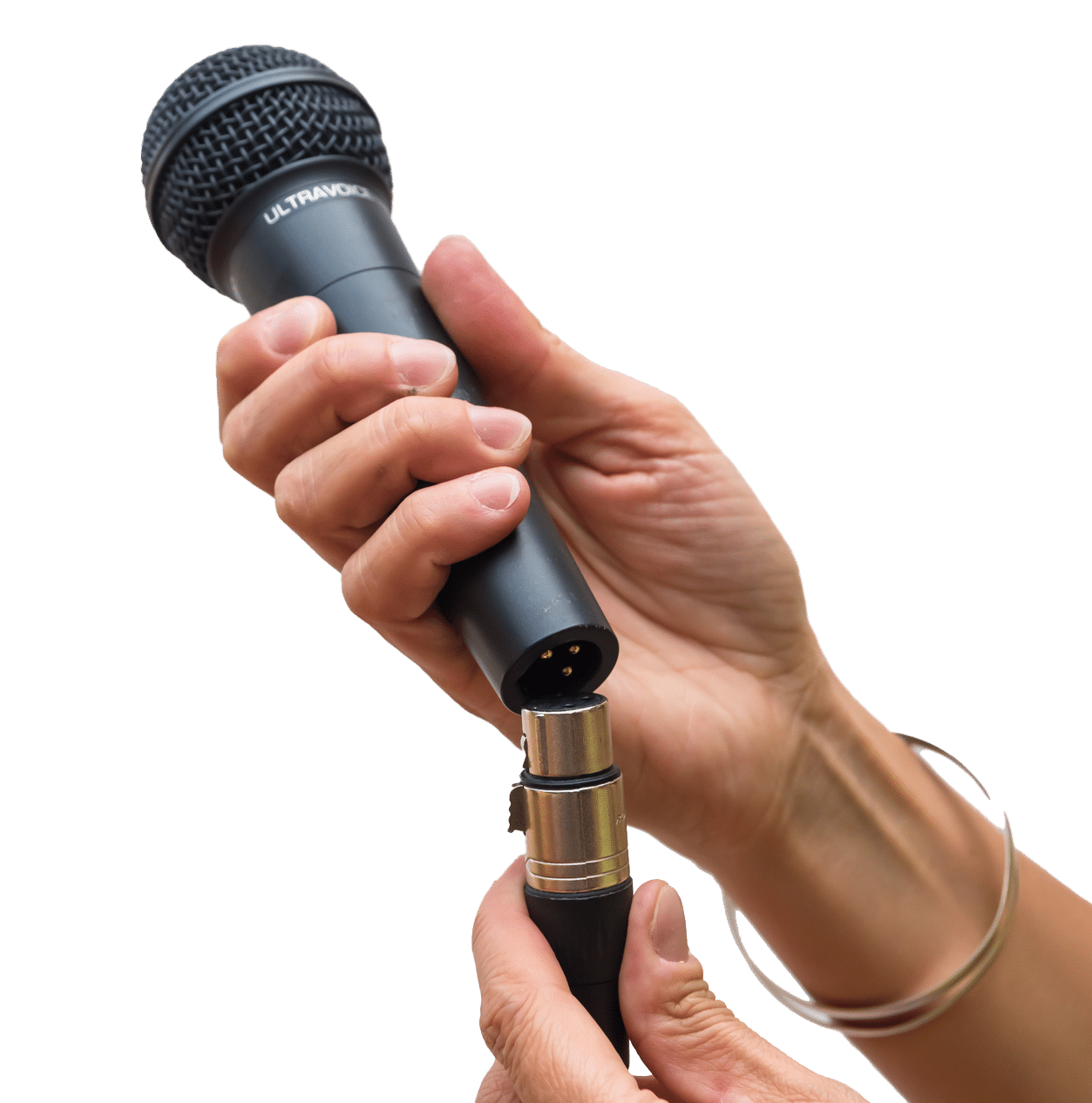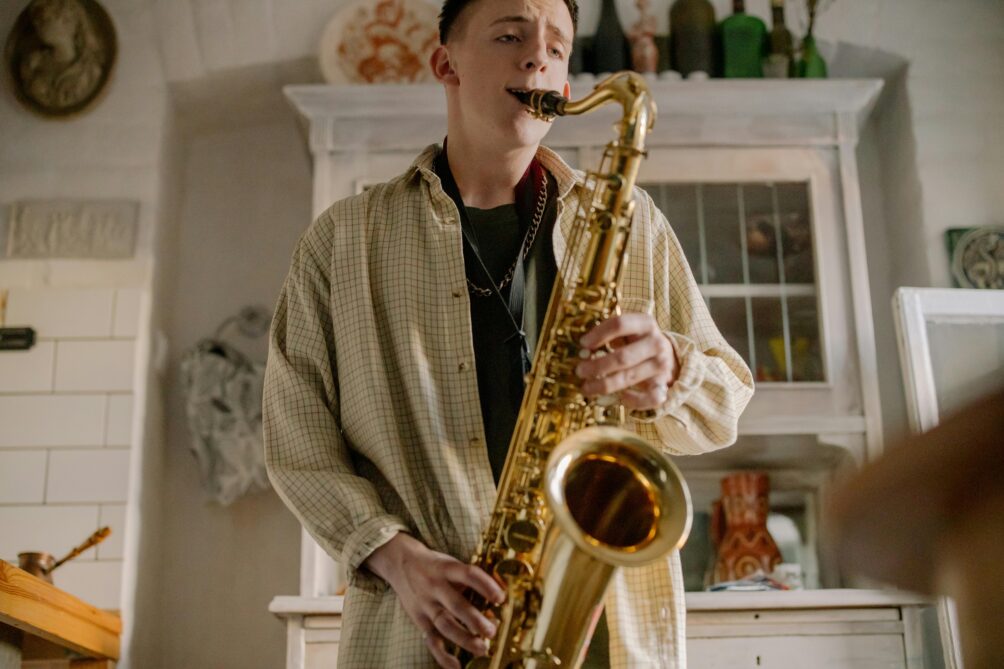Jazz, a distinctive and vibrant musical genre, has its roots firmly planted in the rich soil of American culture. Embarking on a journey to master this art form often involves an academic pursuit, leading aspiring musicians to explore the realm of high-profile jazz schools. These higher education institutions offer many opportunities to gain technical skills, understand the history and theory of jazz, and engage in live performance experiences. Here’s a comprehensive guide to the prestigious jazz schools in the U.S., each promising a robust academic environment and a springboard to a budding jazz career.
Table of contents
- Jazz Education: An Overview
- An Array of Jazz Programs
- Jazz: A Legitimate Art Form
- Exploring the Top Jazz Schools in the U.S.
- Oberlin Conservatory of Music (Oberlin, OH)
- Indiana University Jacobs School of Music (Bloomington, IN)
- University of North Texas College of Music (Denton, TX)
- The New School for Jazz and Contemporary Music (New York, NY)
- Berklee College of Music (Boston, MA)
- University of Miami Frost School of Music (Coral Gables, FL)
- New England Conservatory of Music (Boston, MA)
- Manhattan School of Music (New York, NY)
- The Juilliard School (New York, NY)
- University of Southern California Thornton School of Music (Los Angeles, CA)
- Conclusion
- FAQ about Jazz in Higher Education
- Related Posts
- For More Info on Jazz in Higher Education
Jazz Education: An Overview
The credibility of jazz as an academic discipline has seen a significant upshot in recent years. With the proliferation of university jazz studies programs in the 1970s, ’80s, and ’90s, jazz has earned its rightful place in the hallowed halls of formal academia. This progression has led to jazz courses being offered alongside classical music counterparts in America’s most esteemed universities and conservatories. Today, students can earn bachelor’s, master’s, and even doctoral degrees in jazz studies.
An Array of Jazz Programs
Over 120 American colleges and universities allow students to major in jazz studies. These institutions have tailored their curriculum to offer a blend of performance training and theoretical knowledge, preparing students for all aspects of a promising jazz career. Furthermore, the influence of jazz education extends beyond the U.S. borders, with post-secondary degree programs established worldwide, making it a major cultural export.
Jazz: A Legitimate Art Form
Jazz, widely recognized as one of America’s most significant contributions to the world of music, is not just a passing trend. It is affirmed as a highly expressive style of music and an appropriate topic for serious study. Additionally, research has enhanced historical, theoretical, and pedagogical knowledge of jazz. Scholarly investigations, particularly in pedagogy and history, have become more prevalent, leading to jazz becoming recognized as a legitimate art form and strengthening its position in academia.
Exploring the Top Jazz Schools in the U.S.
Now that we’ve established the significance of jazz education, let’s delve into the top jazz universities in the U.S. Each institution offers unique learning experiences, from the degrees they confer to their admission requirements.
Oberlin Conservatory of Music (Oberlin, OH)
The Oberlin Conservatory of Music, part of Oberlin College, boasts a rich heritage from 1865. The conservatory offers 42 private study areas, including jazz composition and performance. They also offer a dual-degree program, allowing students to earn a bachelor of arts and a bachelor of music simultaneously, broadening their academic and career prospects.
Indiana University Jacobs School of Music (Bloomington, IN)
At the Jacobs School of Music, students can deeply immerse themselves in jazz, gaining a comprehensive understanding of jazz performance and its history, composition, and other topics. They also have access to multiple instrumental and vocal ensembles, including those focusing on jazz.
University of North Texas College of Music (Denton, TX)
The University of North Texas’ College of Music recently celebrated the 75th anniversary of its jazz program, the first of its kind to offer a jazz studies degree worldwide. Here, students can pursue a Bachelor of Music in Jazz Studies and either a jazz performance or jazz composition track in the master of Music in Jazz Studies program.
The New School for Jazz and Contemporary Music (New York, NY)
The New School’s jazz school, established in 1986, focuses on grooming the next generation of performers. Students can earn a bachelor’s degree in fine arts in jazz and contemporary music. The school also offers a dual-degree track, which leads to the award of a BFA and a liberal arts bachelor’s degree.
Berklee College of Music (Boston, MA)
Berklee College of Music offers multiple degree options, including undergraduate and graduate programs, both at its original Boston campus and online. The Bachelor of Music in Jazz Composition is one of the degree offerings that provides students with a deep understanding of jazz history, live performances, and the various techniques of writing music.
University of Miami Frost School of Music (Coral Gables, FL)
The Frost School of Music offers numerous jazz degrees within its Department of Studio Music & Jazz. Students can earn a bachelor’s degree in vocal or instrumental studio jazz, taking classes in performance and more technical subjects, such as composition and improvisation.
New England Conservatory of Music (Boston, MA)
The New England Conservatory’s jazz program, the first fully accredited program at the conservatory level, has been training performers for nearly five decades. Undergraduates can choose from two bachelor of music degrees, jazz composition or jazz performance.
Manhattan School of Music (New York, NY)
The jazz program at the Manhattan School of Music offers bachelor’s and master’s in music plus a doctorate in jazz arts advancement. Undergraduates can major in various instruments within the jazz program, but vocal studies are only offered at the master’s and doctoral levels.
The Juilliard School (New York, NY)
At the Juilliard School, students learn from highly respected jazz performers. In addition to honing their performance skills in private lessons, students take other classes to best prepare them for careers in the music industry and the wider world.
University of Southern California Thornton School of Music (Los Angeles, CA)
The University of Southern California’s jazz studies program was one of the country’s first, and its alumni and faculty members have been nominated for prestigious awards like the Grammys. Jazz musicians can pursue undergraduate degrees in the specialty and graduate degrees, certificates, and diplomas.
Conclusion
The future of jazz education looks promising, with the quality of the student jazz experience and the discovery of more effective ways to teach and assess curricula now in place being the primary concerns. The focus is on nurturing young musical talents and providing expert guidance and personalized support. The ultimate goal is to ensure each aspiring jazz musician achieves their dream of attending top music colleges and embarking on a fulfilling jazz career.
FAQ about Jazz in Higher Education
What types of degrees are offered?
offer bachelor’s and master’s degrees specifically focused on jazz studies. Common program names include Bachelor/Master of Music in Jazz Studies, Jazz Performance, Jazz Composition and Arranging. Some schools also offer jazz concentrations within a broader music degree.
What classes are typically required?
Common courses include: jazz theory/harmony, jazz history, jazz ensemble, jazz improvisation, jazz piano/guitar, jazz arranging, jazz composition, applied lessons and performing in small combos. Programs emphasize learning jazz fundamentals and repertoire.
What instruments can I play?
Jazz programs are open to all instruments, but common ones include saxophone, trumpet, trombone, piano, guitar, bass, and drums. Less common instruments, like the flute, can usually participate as well. Vocal jazz is also offered at many colleges.
Do I need to audition?
Yes, an audition is typically required for admission to demonstrate your playing/singing ability. You may have to prepare scales, etudes, and jazz tunes to demonstrate musicianship and improvisation skills.
What careers are possible with a jazz studies degree?
You can pursue a range of career paths, including professional performer, recording artist, songwriter, composer, arranger, educator, clinician, bandleader, and more. College jazz studies aim to prepare you for work in commercial music.
Doctor Fish Says
Need help figuring out what’s the best jazz school for you? I’ve helped college-bound musicians win acceptance at colleges with top jazz programs. The College Music Major team and I can help you, too. Here are the services we offer. Let’s connect!
Related Posts
For More Info on Jazz in Higher Education
Check out these helpful sources:
- Jazz at Lincoln Center’s Guide to College Jazz Studies Programs https://www.jazz.org/jazz-edu/college-jazz-guide/
- Why Study Jazz? – from the University of North Texas https://jazz.unt.edu/whyjazz
- All About Jazz’s Jazz Education Guide https://news.allaboutjazz.com/jazz-education-guide
Let's Connect!
Interested in CMMaj helping you (or your child) discover best-fit music schools and apply/audition for them successfully? We'd be happy to chat with you. Just fill in the form below, and we'll get back to you as soon as possible.


